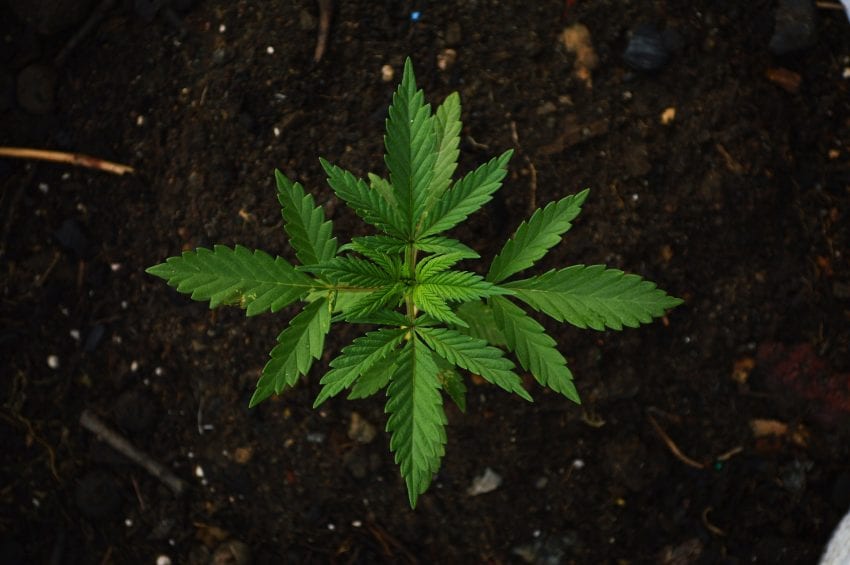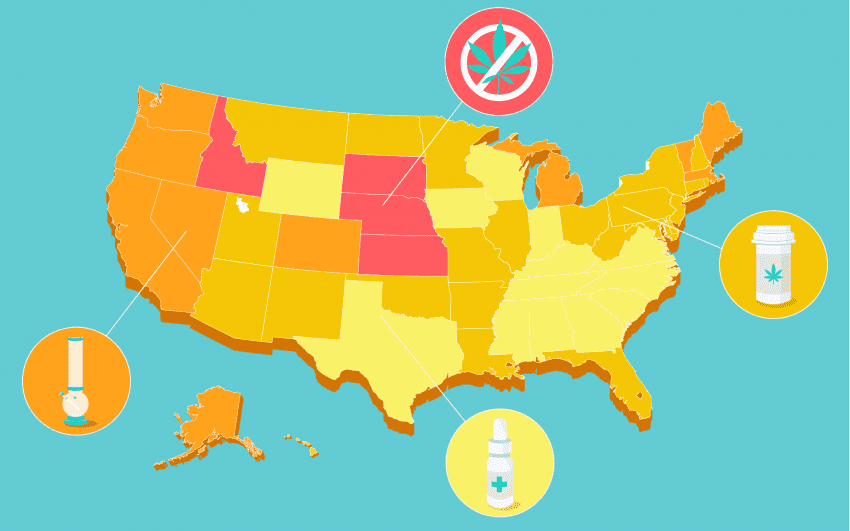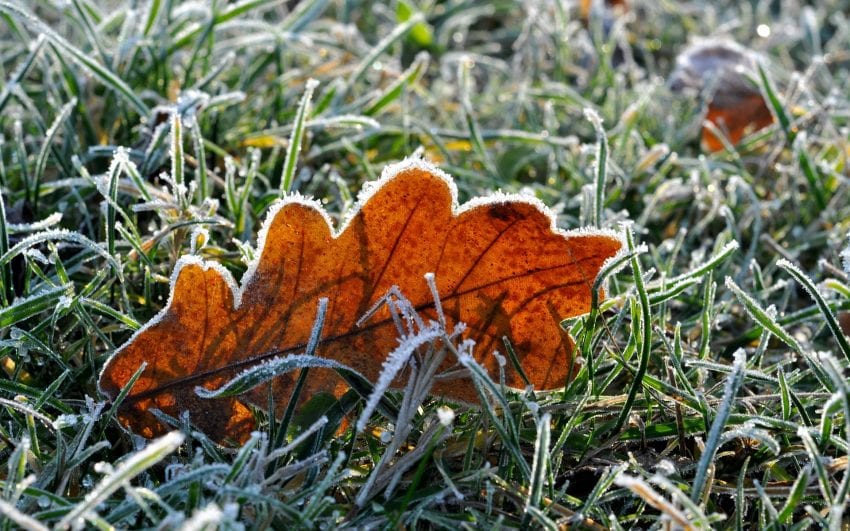Thinking about growing your own hemp, either for recreation or profit? Professionally speaking, it’s a great field to be in right now- with more and more states passing legislation to make the growth, manufacture, and sale of hemp and cannabis products legal, the hemp industry is booming, and there is an increasing demand for people who know how to grow it!
Here’s what you need to know about growing your own hemp so that you can yield impressive results, either for your own personal crop or for a larger, more professional-quality grow.
Fertilizer First!

Like tomatoes, corn, or any other crop you plant, hemp grows better in rich, fertile soil. Because of this, it’s essential to properly fertilize your grow area prior to planting any hemp seeds. Soil should be rich in nutrients like nitrogen, phosphorus, and potassium, as well as minerals like calcium and sulfur. Some veteran hemp growers recommend using kelp meal to help keep the pH of the soil balanced. Be sure to get your soil tested prior to adding any fertilizer, so you can create the perfect blend of nutrients, which can result in a heartier grow.
Keep it Legal

Even if you live in a state that has decriminalized or legalized cannabis, that doesn’t mean there aren’t any restrictions in place for growing your own crop of hemp. Be sure to follow your state’s rules and regulations and obtain the necessary documentation and permits prior to planting. If you are not sure about your state’s laws regarding growing cannabis, be sure to check with them and see which steps you need to take prior to becoming a hemp farmer.
Know When to Plant

If you’re planting your hemp crop outdoors in a climate that experiences extreme temperature changes throughout the year, be sure not to begin planting until after any danger of frost has passed. Once you are able to plant, consider using hemp clones instead of seed. You could get hemp clones from coloradocbdseed.com – these are smaller versions of a section of the parent hemp plant. Best of all, hemp clones can sprout independent roots when planted on their own, making it easier for first-time growers to achieve desired results.
With a little TLC and patience, your hemp plants will be able to grow and thrive in the prime conditions you have created, and you’ll be well on your way to a healthy, bountiful crop!









